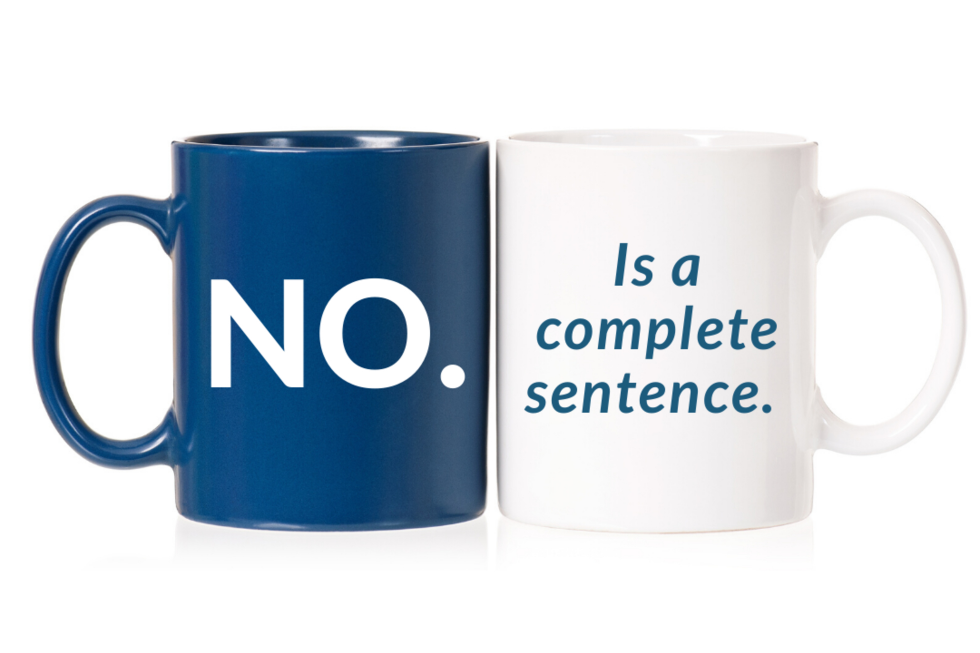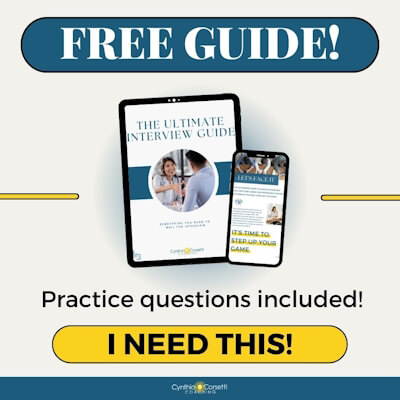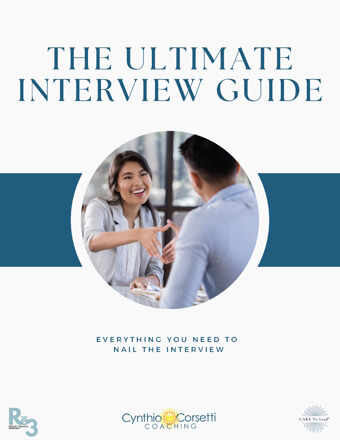I didn’t think it was possible to become overcommitted during quarantine. But I did it. I committed to more projects, interviews, podcasts, and assignments than I should have. Why is it so hard to say no?
It’s easy to overcommit in normal times. Running everywhere, stopping at the store, getting a car repair done. But this is quarantine. Who can overcommit without leaving the house? Me, that’s who.
If we (or at least I) can over-commit in quarantine, what happens when this is over? For many of us, the lockdown is ending. That means we’re going to feel excited about getting back out into the world. Showing up for events (even if they’re socially distanced) and living again.
But we’ve all had time to pause over the past couple of months. Before we get back to normal, whatever that may look like, it might be a good time to reflect. What did we learn about ourselves and our habits while in lockdown?
This isn’t an exercise in personal growth. I mean it could be, but that’s not the purpose here. For this, our goal is to figure out if/when/and how it’s best to say no to people. These habits and personal observations are helpful tools. The more we know about how we operate, the easier it is to know when to say no.
I’ll go first. In my situation, I’ve worked from home using Zoom to talk to clients for 10 years. Why quarantine seemed different is still a mystery. Nothing much changed for me except my husband was around a bit more. But I guess the unique circumstances did allow me to think. And I did learn a few things, so here it goes.
Firstly, I learned I am UBER productive between 5:30 am and 8:30 a.m. And after that, I’m only mediocre productive. And after 4 p.m. there’s pretty much nothing that can keep me focused. (except Amazon Prime buy with one click)
Secondly, I realized I say yes to more things than I should.
Someone reached out and asked if I could write a chapter for his book. I said yes.
Someone else asked if I could be a guest on their podcast. I said yes.
Another person asked if I’d like to do a “girlfriends’ zoom call with wine”. I said yes.
That means I also came to the conclusion I don’t like to say no. It’s something I hadn’t noticed before quarantine. It led me to wonder why is it so hard to say no?
Why you should say no
I’m sure I’m not alone in this ‘not wanting to say no’ cycle. So I thought I’d pull together a few good reasons why you should say no (without feeling guilty). That way the next time someone asks, I have a barometer to use as I gauge my answer. We all need a barometer, right?
My NO Barometer — It’s okay to offer a guilt-free no if:
1. The requests cost money that isn’t in the budget
Especially in this economic situation. We all have our financial limitations and even if it’s something that used to be an easy yes, it might not be so today. No need to feel guilty about this one.
2. You have no interest in the topic or purpose
One of the podcasts invitations was for a low-ticket clothing line. They wanted me to talk about building a professional wardrobe. It’s not that bargain shopping isn’t a cool thing, it’s just not something I’m an expert in. I hate shopping for clothes. Why would I want to tell other women how to do it?
3. It detracts from your ability to get your work done
Let’s face it, working at home or at the office, people reach out for help. It’s great to be helpful. But if it detracts from your ability to get your own work done, say no. Determine how much of a distraction it will be. If it’s a minor distraction, consider it. But if helping someone else means putting your own work on the back burner, it might not be worth it.
4. If you can’t do it with mindfulness
Showing up and completing your daily activities in a mindful way is key to success. If saying yes to something will interfere with your ability to do this, it’s time to say no. Here’s what I mean. Say you’re asked to attend a happy hour (live or virtual) after work. It’s a way to say goodbye to a coworker that you hardly know. If you attend the happy hour, you’ll be thinking about other things anyway. Things you should be doing instead. This keeps you from mindfulness. It’s a slippery slope when you stop mindfulness. It’s okay to say no.
The fine print — this list is in no way complete. There are TONS of reasons to say no without guilt. Feel free to add to this list with your own reasons. Create your own NO Barometer.
How to say no to people
And now that you have a few ideas of when it’s a good idea to say no, what’s next? How do you do it in a way that doesn’t make you look like a jerk?
You can start by buying some time before saying yes. Use phrases like “I’ll get back to you” or “Let me give it some thought.” This allows you to step back and reflect on it. To decide if you want to say yes or no. It breaks the brain cycle of an automatic yes. That way when you do go back and say no, you feel good about it. You know it’s the absolute right decision for you.
It’s also a good idea to keep it simple. Say no without a long explanation. Something like: “I’m sorry, I can’t do that right now.” End of story. Taking out the complicated explanations relieves the anxiety of saying no. I can’t think of anyone who needs more anxiety in their life.
And finally, don’t look back. Any decision we make in life is over as soon as we make it. There’s no point in looking back. Don’t second-guess yourself or waste time worrying about it. Say no, move forward, and smile.
No is a complete sentence. It’s acceptable.
We’re all hoping that life will get back to normal soon. Let’s try to take the introspective lessons we’ve learned into our new normal. We had 3 months to isolate. I’m sure we all came up with new truths about who we are.
What new truths did you learn, and what will you add to your ‘say no barometer?’ Let’s do this new normal in a guilt-free way!
And speaking of this new normal, remember you don’t have to do this career thing alone. Executive coaching is becoming as essential to a career as a trainer is to your physical condition. If you’d like to learn more about how I can be the personal trainer for your career, schedule a call so we can talk.

Cynthia Corsetti is an Executive and Career Coach. Whether you’re looking for a career transition or to make a bigger impact in your current career, Cynthia is the partner you’re looking for. Follow her on Facebook, LinkedIn, and YouTube.











0 Comments